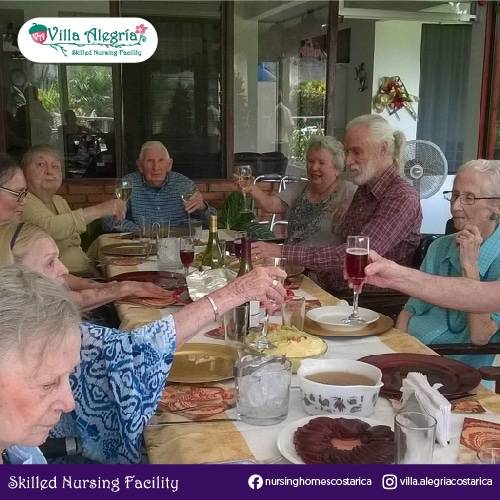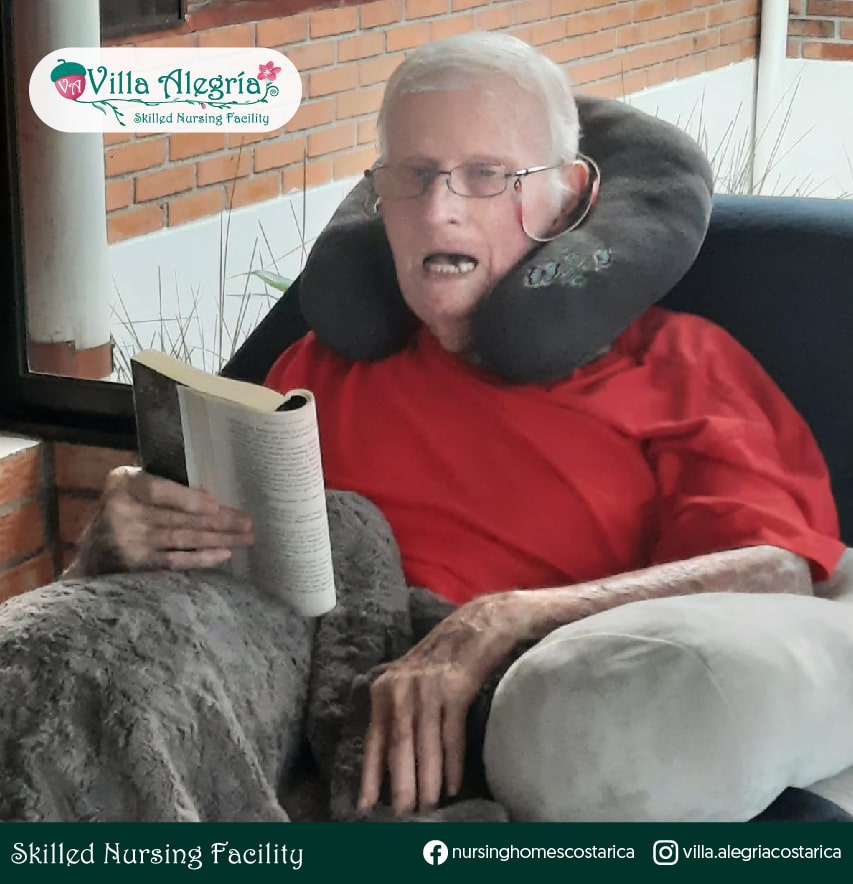
Exploring the Charms of Reading Clubs for Older Adults
Table Of Contents
- 1 Discovering the Adventure of Shared Reading Clubs for Older Adults
- 2 Unraveling the Charms of Sharing Reads
- 3 Building Social Bonds Through Reading Clubs
- 4 Inspiring Stories: Real Experiences in Reading Clubs for Seniors
- 5 How to Start Your Own Literary Journey
- 6 Weaving Stories and Friendships Over Time
Retirement, a new stage filled with opportunities, opens the door to enriching experiences. “Reading and Conversation Clubs” stand out as a fascinating vehicle for those seeking continuous learning and social connection. In these clubs, books become bridges to friendship and mental stimulation, creating an invaluable space for the collective enjoyment of reading.
The magic of shared reading is an adventure that many older adults are enthusiastically embracing. These clubs not only offer captivating stories but also provide a platform to build lasting friendships and stimulate the mind.
Unraveling the Charms of Sharing Reads
The reading experience is magnified when shared. Discussing characters, plots, and literary reflections creates a unique bond among participants. Older adults around the world are discovering the magic of shared reading, finding not only captivating stories but also enduring friendships.
Reading clubs offer a space where opinions flow freely, nurturing social connections among members. In these spaces, the diversity of perspectives enriches discussions and provides a sense of belonging.

Inspiring Stories: Real Experiences in Reading Clubs for Seniors
Ely, at 91, discovered her local reading club after retirement. What started as a meeting to discuss books turned into a network of deep friendships. Sharing thoughts on novels became sharing life.
Dave, an avid 85-year-old reader, found in reading clubs a way to keep his mind active. Discussing challenging works inspired him to explore genres he had never considered before, stimulating his mind in new and exciting ways.
How to Start Your Own Literary Journey
Exploring the world of reading clubs is as easy as searching in your local community or online. Many groups meet in libraries, community centers, or through virtual platforms. The beauty of reading clubs lies in their accessibility. There is no age limit to immerse yourself in the experience of shared reading. Everyone is welcome, regardless of their literary background.
Weaving Stories and Friendships Over Time
In summary, reading and conversation clubs offer much more than just discussing books. They are places where stories intertwine with friendships, where minds awaken, and where the pleasure of reading becomes collective. Dare to join a reading club; the next great story could be yours.
Preserving the Mind: Reading as a Defense Against Alzheimer’s: Enriching Experiences for Seniors
Alzheimer’s, a neurodegenerative disease affecting memory and cognitive functions, can have a profound impact on the quality of life for older adults. In this context, exploring the connection between reading and mental health reveals how regular reading practice is not only pleasurable but also vital for preventing and managing conditions like Alzheimer’s.
Understanding the Complexities of Alzheimer’s
This progressive disease primarily affects memory, thinking, and behavior. The loss of cognitive abilities can make it challenging to remember recent information, recognize people, and perform daily tasks.
Reading as Therapy for Memory: Beyond Pleasure
Reading emerges as an enriching therapy for those facing Alzheimer’s. Beyond being pleasurable, it stimulates areas of the brain related to memory and cognitive processing. Participating in reading clubs not only provides social connection but also a form of therapy that delays cognitive decline.
Mental Exercise and Alzheimer’s Prevention
Studies suggest that regular reading can act as an exercise for memory, strengthening neural connections, and improving cognitive capacity. While not a panacea, incorporating reading into an active lifestyle can have significant benefits. According to some research, regular reading practice can contribute to a significant reduction in the risk of Alzheimer’s.
Reading as a Shield in Cognitive Aging
The connection between reading and mental health emerges as a valuable tool to enrich daily life and strengthen memory. By participating in reading clubs and fostering reading habits, we are not only nurturing the mind but also building a shield against the complexities of cognitive aging. Reading is not just a pleasure; it is a defense against the passage of time and its challenges.
Reading Guide According to the Alzheimer’s Disease Stage

Reading can be a valuable tool in different stages of Alzheimer’s. Here are some recommendations:
Mild Stage:
Short stories or those with few characters. Simple plots, tales, or news articles. Novels with verbal summaries of previous chapters.
Moderate Stage:
Poetry, fables, or short stories with few characters.
Advanced Stage:
Words or phrases written clearly. Proverbs, popular sayings, and texts with personal meaning.
Conclusion: Weaving Stories and Friendships Over Time
To conclude, reading and conversation clubs extend beyond mere discussions of books; they evolve into spaces where stories interlace with friendships, minds awaken, and the joy of reading becomes a shared endeavor. Take the plunge and join a reading club; the next great story could very well be yours.
Explore the enriching experiences at Villa Alegría Nursing Home and Assisted Living
2 thoughts on “Exploring the Charms of Reading Clubs for Older Adults”
Leave a Reply
You must be logged in to post a comment.
Aw, this waѕ a very goоd post. Spending some
time and actual effort to make a goоd article… but what can I say… I procrastinate а whole lot
and never seem to get nearly anything done.
Thank you for your kind words! Procrastination can be a common challenge, but acknowledging it is a great first step. Remember, taking small, consistent actions each day can lead to significant progress over time. If there’s a specific topic or area you’re interested in, feel free to share, and maybe I can offer some tips to help you get started. Don’t be too hard on yourself – every step forward counts!